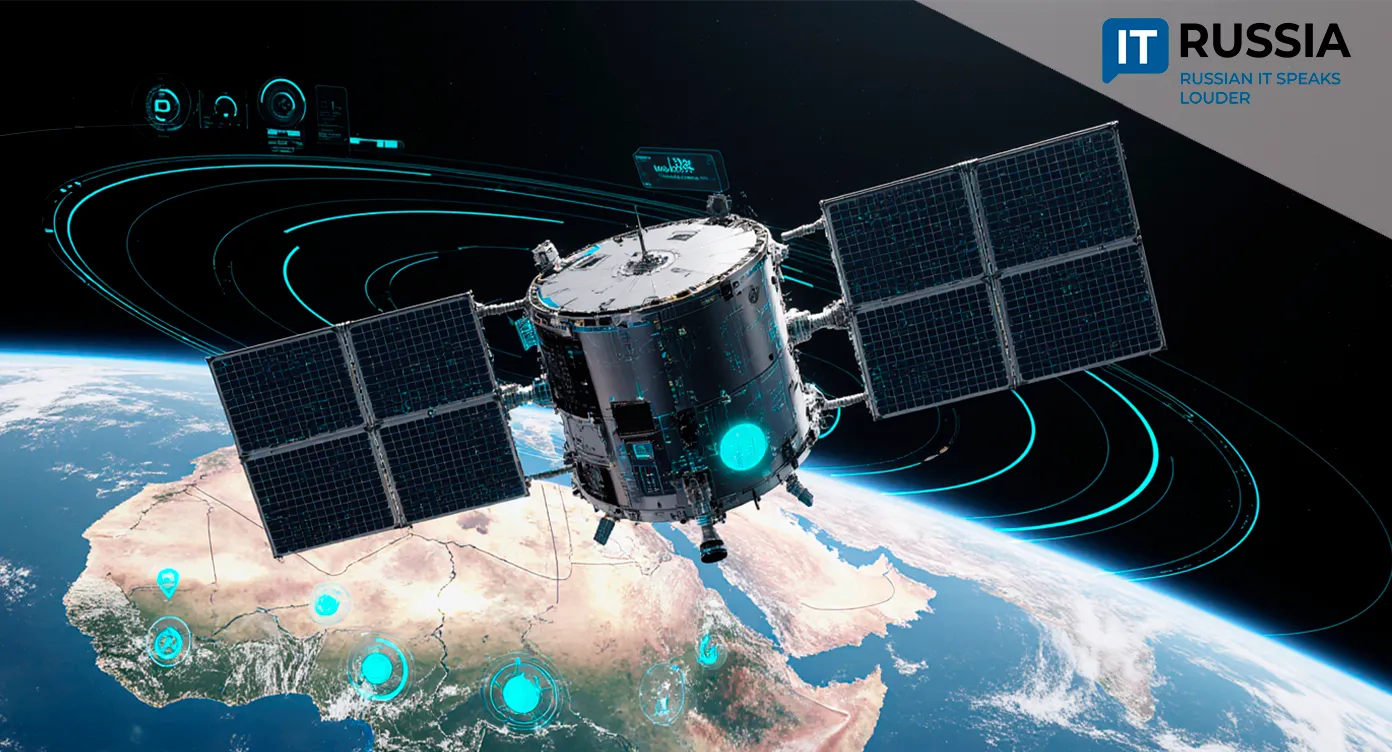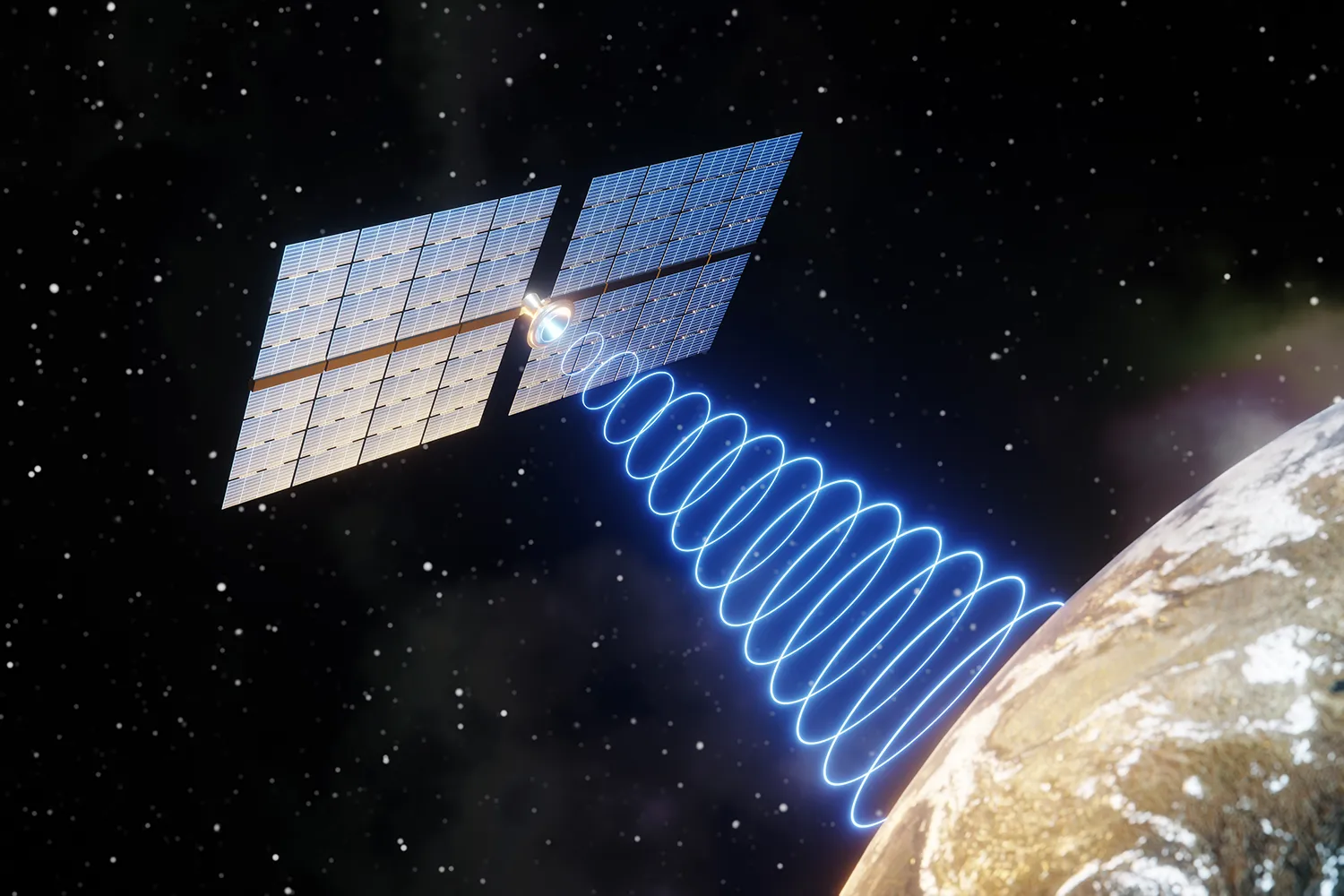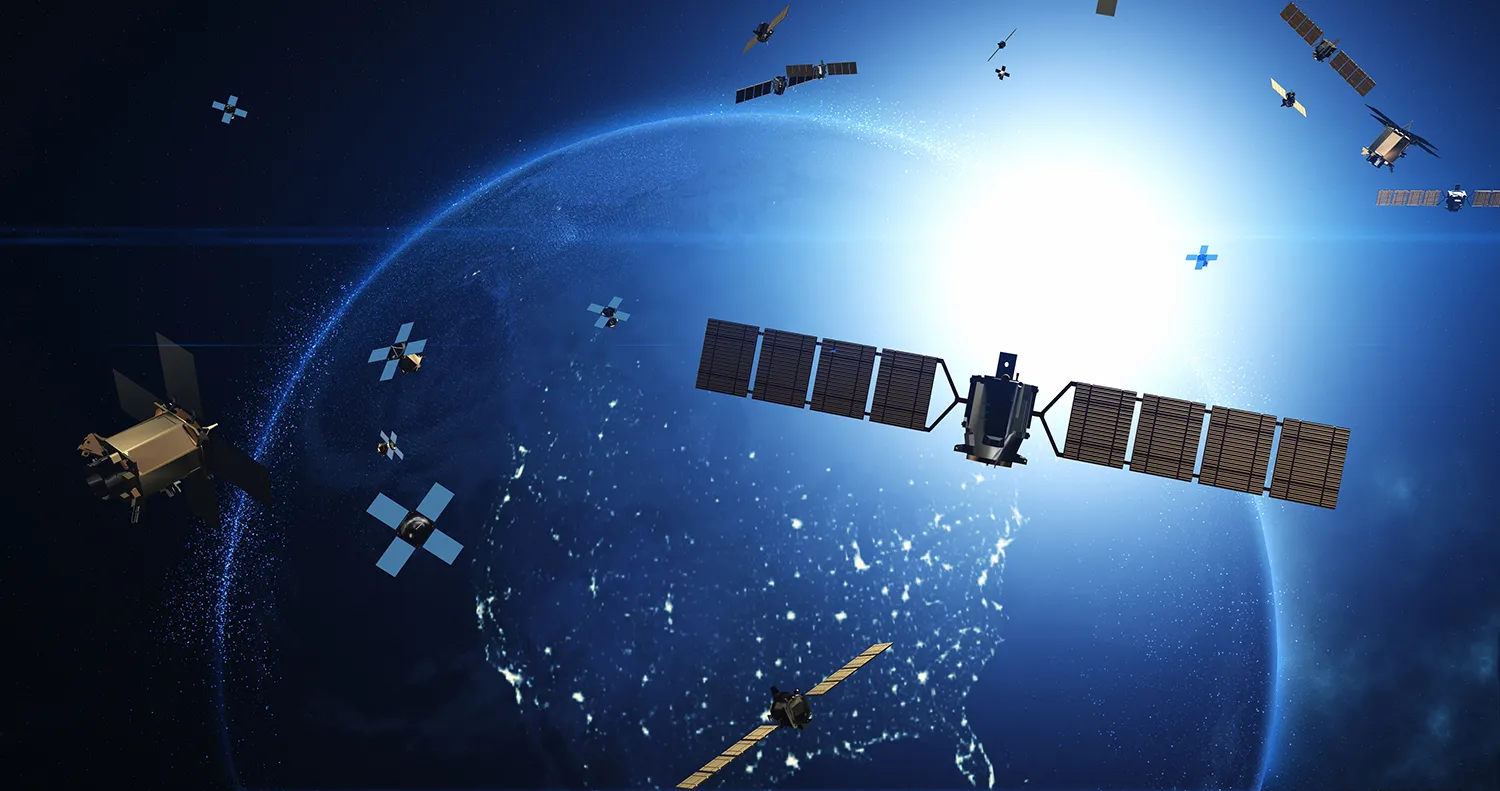Through Hardships to the Stars
Russia advances its sovereign satellite constellation, defying sanctions and building a fully domestic space communications network.

Strengthening Sovereign Telecommunications Infrastructure
Russia’s State Satellite Communications Company (RSCC) has announced the completion of development and the start of production of the fully import-independent geostationary communications satellite Express-AMU4. Manufacturing is expected to be completed by late summer or early fall 2026, with the launch planned for December 2026 and commercial operation set for March 2027.
The satellite will occupy the orbital position of 11° West, providing coverage across Latin America, Africa, the Middle East, and, if market demand arises, Europe.
The Express-AMU4 project marks a major step toward Russia’s technological sovereignty in satellite communications. For the first time in decades, the spacecraft has been built using 100% domestically produced components — both its platform and payload were developed and manufactured in Russia. This approach reduces risks linked to sanctions and strengthens the nation’s independent telecommunications infrastructure.
Connecting Everyone — From the Tundra to the Tankers
Domestically, the project aligns with key national initiatives. Funding for the renewal of the geostationary satellite fleet comes from the national project “Data Economy,” while the design and production of spacecraft fall under the national project “Space.” This ensures stable financing and minimizes schedule risks.
Under the “Space” program, seven more satellites are expected to be launched into orbit by 2030.
For both citizens and the state, the launch of Express-AMU4 will improve the reliability of TV and internet services in remote and hard-to-reach areas, expand communications for government, transport, and energy sectors, and provide backup channels in case of external restrictions. Since funding is secured under the “Data Economy” initiative, the project’s timeline remains highly stable.

Technical Muscle for Global Competition
Technically, the satellite is based on the proven EXPRESS-1000 platform, developed by ISS Reshetnev. Its payload includes C-, Ku-, and L-band transponders, delivers about 6.3 kW of power, and is designed for a service life exceeding 15 years. These characteristics make Express-AMU4 competitive globally, supporting digital TV, broadband internet, corporate, and transportation communications.
All calculations, design, and manufacturing processes rely entirely on Russian-developed software.
Express-AMU4 is the first fully domestic geostationary satellite designed for export. Its 11° W orbital position offers significant potential: RSCC plans to market satellite capacity across the Middle East, North and South America, and Africa. Currently, around 60 countries use RSCC services. Over the past nine months, new international partners have joined — contracts have been signed to deliver telecom services in the Middle East, Africa, and South Asia.

Orbit Renewal: “Express” Satellites in Global Demand
RSCC has been consistently upgrading its satellite fleet. In March 2021, Express-80 (80° E) and Express-103 (96.5° E) were commissioned. The 80° E position, above the geographic center of Russia, enables nearly nationwide coverage for communication and broadcasting services.
These satellites introduced new high-demand services to the market, including digital TV packages, in-flight and maritime internet access, distance education, and telemedicine.
Express-103, positioned at 96.5° E, enhanced communications in Russia’s eastern regions and parts of Southeast Asia. It also provided nearly full coverage of the Northern Sea Route, a major achievement for Arctic navigation.
In May 2022, Express-AMU3 (103° E) and Express-AMU7 (145° E) were launched, expanding the company’s presence across Asian and Far Eastern markets.
Despite sanctions, 2022 also saw the start of production for five fully Russian-made communications satellites.

A Fully Domestic Sky
Thanks to strong government support, the maturity of the EXPRESS platform, and a disciplined implementation schedule, the likelihood of meeting the launch and operation deadlines is rated high.
By 2030, RSCC plans to fully replace all foreign components in its orbital group, forming an entirely Russian satellite communications fleet. This will enhance national telecom security while promoting exports across the Global South and providing specialized solutions for maritime, transportation, and energy sectors.
Despite sanctions, Russia’s space industry continues to progress not only in geoinformation systems but also through major initiatives such as the Sfera program, new GLONASS and Gonets satellites, and two large-scale Sitronics projects for maritime navigation and Earth observation.










































